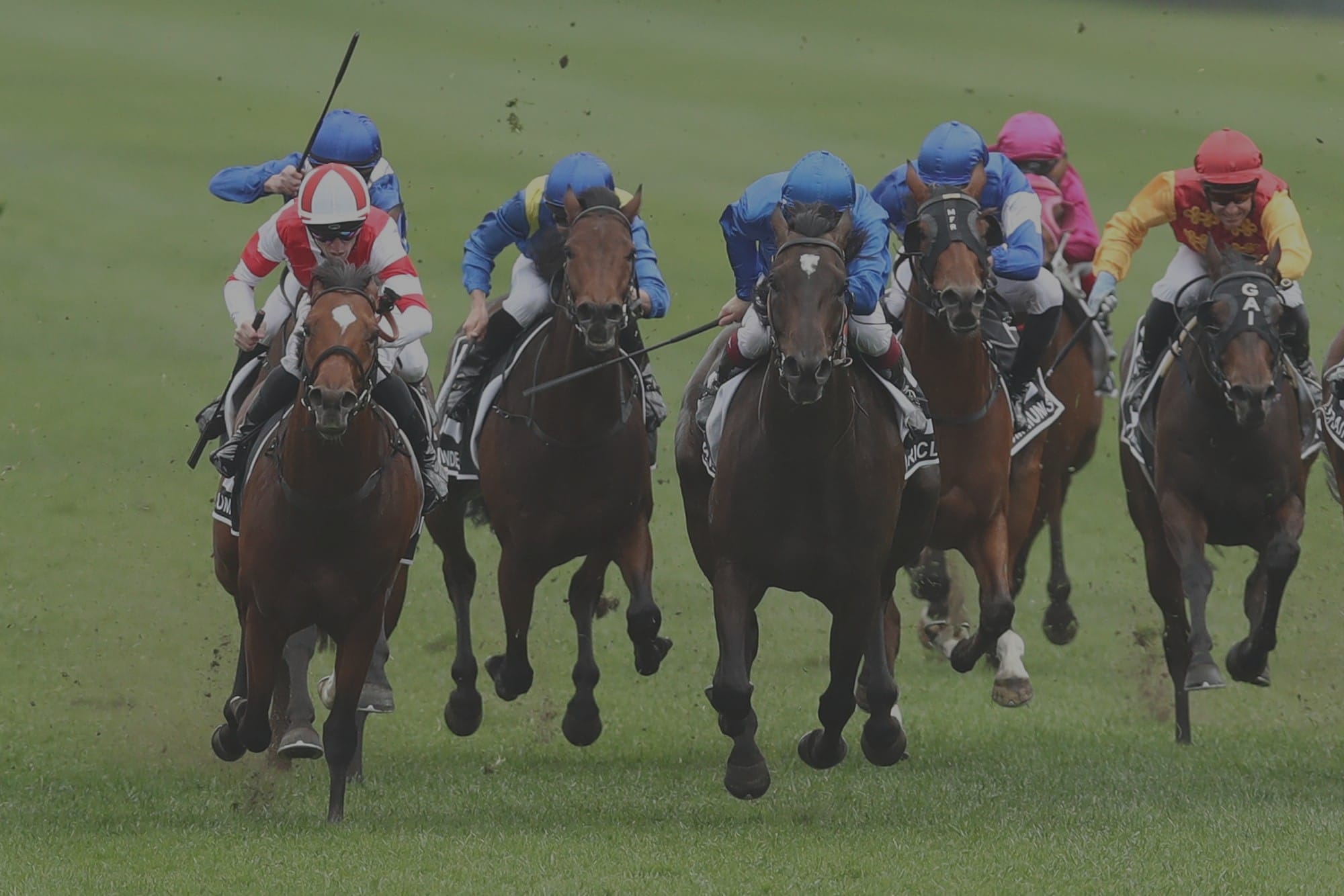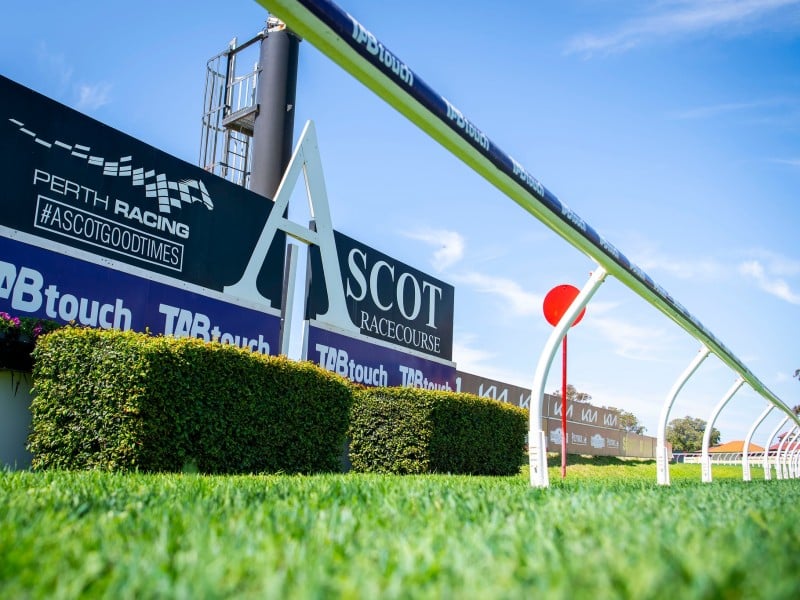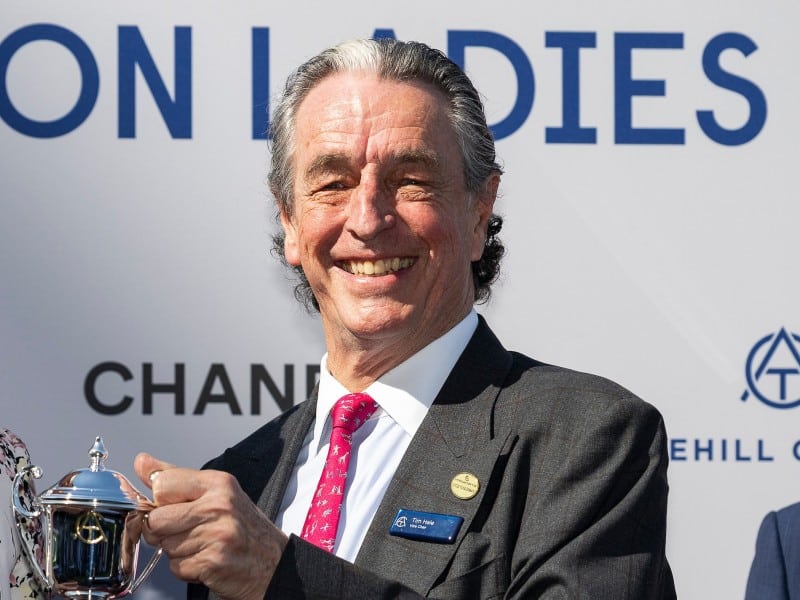NSW dodges Point Of Consumption tax rise, for now
The rumours that state treasurer Daniel Mookhey would announce a rise in New South Wales’ Point Of Consumption Tax to 20 per cent at the 2024/25 state budget have proven unfounded.
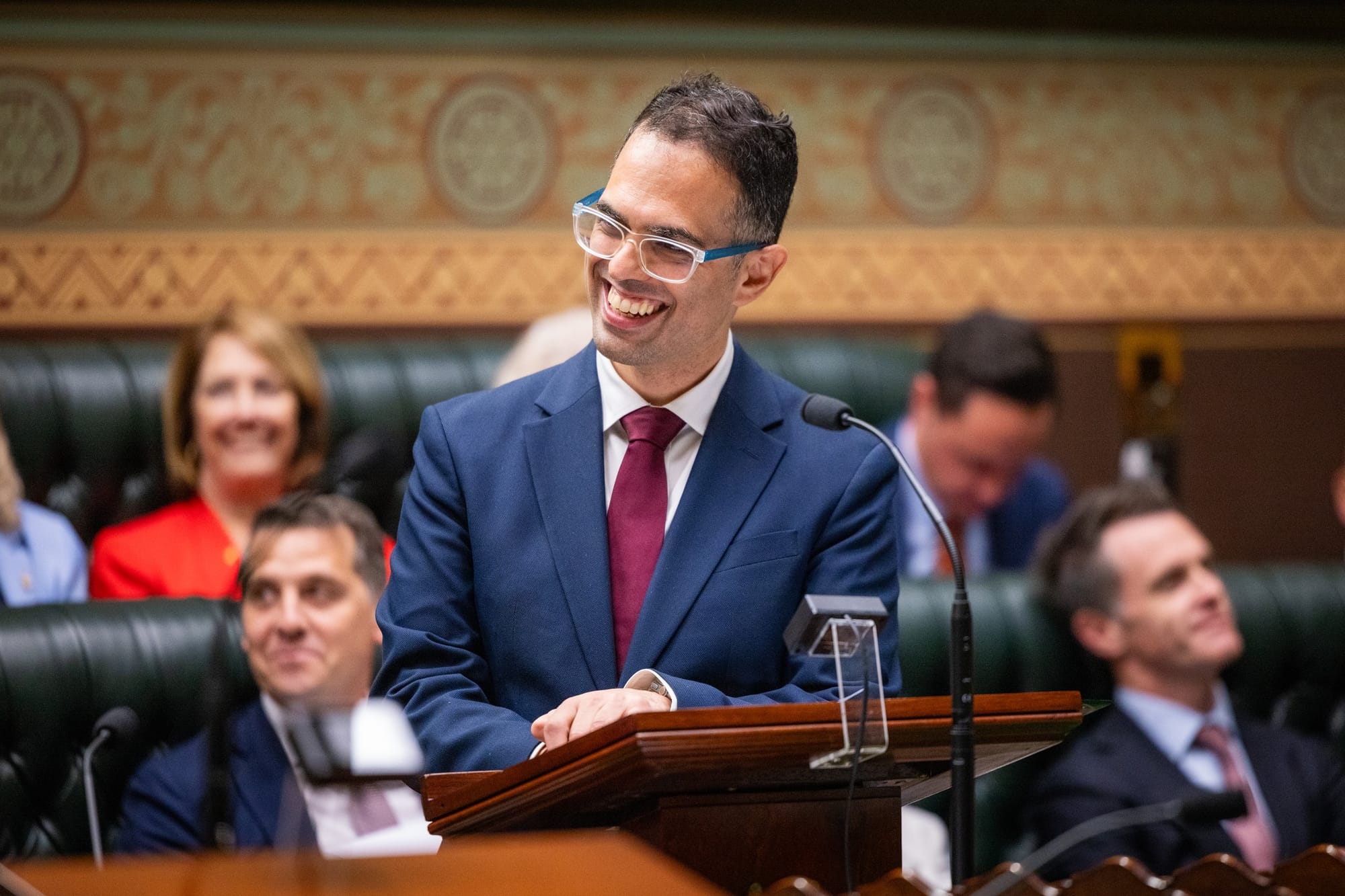
The possibility that New South Wales would move to a higher tax regime on wagering, up from the existing 15 per cent introduced in 2022, has been discussed for several months as the state faced a shortfall in revenue caused by the decline in wagering over the past 18 months.
Mookhey’s half-year review in December revealed wagering taxes from Point Of Consumption in New South Wales were projected to be $187 million lower than previously expected over the four-year forward estimates.
Under the current agreement, 33 per cent of POCT revenue flows back to the racing industries.
However, there was nothing in Mookhey’s budget on Tuesday which pointed to any projected rise in the rate, with the four-year forward estimates consistent with previous projections made at the 15 per cent level.
But the reprieve from additional taxation for wagering service providers may prove short-lived. Mookhey confirmed last week that the existing Tabcorp deal, which extends until 2033, was under review at the request of the wagering giant.
A review of Point Of Consumption rates will likely occur in that process with Tabcorp supportive of a rise to 20 per cent as part of what it has termed a level playing field with its major rivals.
Victoria is set to increase its Point Of Consumption tax to 15 per cent on July 1, with projections from inside the wagering industry that this will lead to a drop in wagering turnover of over five per cent.
New South Wales has slightly changed the way it reports wagering tax and Point Of Consumption tax for this budget. Previously the two were combined into ‘Racing Tax’, but now they are split into the two separate categories.
The overall projected tax revenue across both categories will be $349 million for the current financial year, the same number projected at the half-year review back in December.

However, in a measure of how the wagering environment has changed, that amount is $46 million less than what was initially predicted at last year’s budget.
However, the Treasury was slightly more bullish on POCT and wagering tax revenue projections for 2024/25 than it was six months ago. Revenue is predicted to be $13 million higher than predicted in December.
The Budget did include additional resourcing of $3.2 million for extra compliance measures on both Point Of Consumption Tax and gaming machine tax for the upcoming financial year. The budget did suggest this additional compliance would lead to more revenue.
The 5.5 per cent growth in POCT and wagering tax revenue from this financial year to the next outstrips the overall growth on gambling tax revenue of 4.3 per cent.
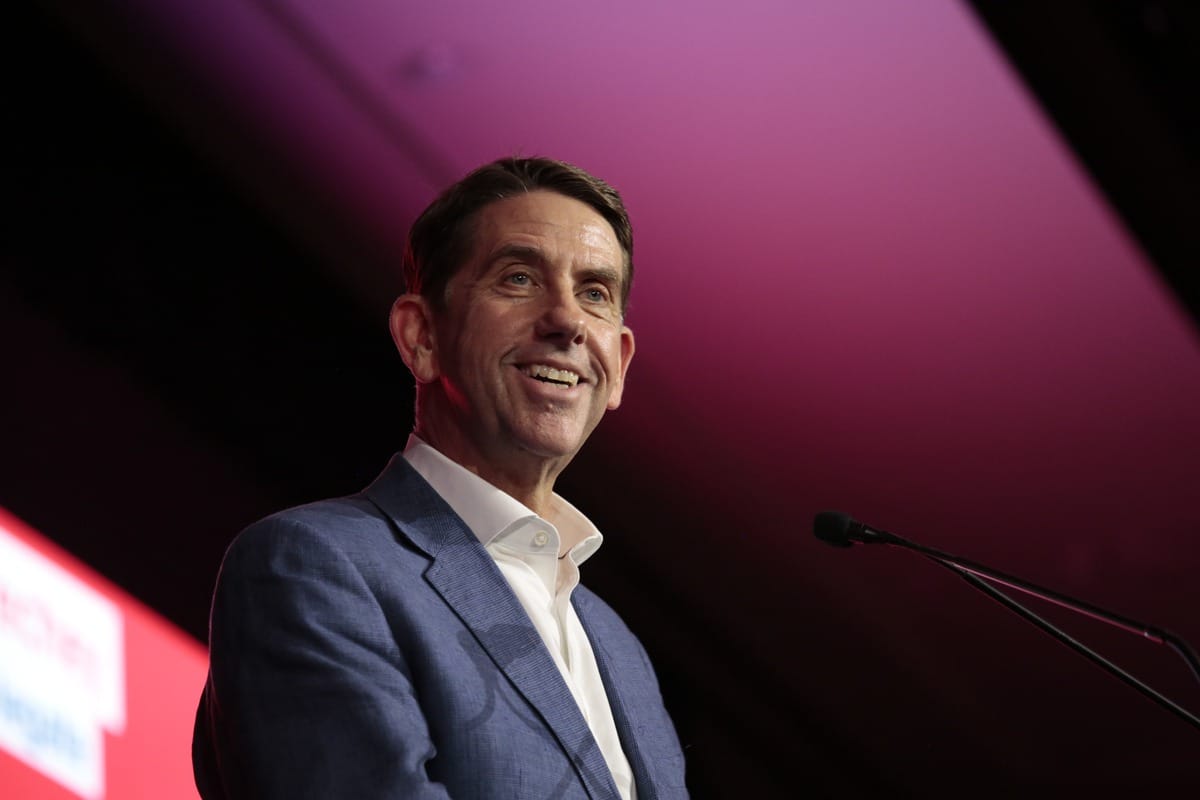
In the next financial year, wagering and POC taxes will make up 10.6 per cent of overall gambling revenue and 0.8 per cent of overall state taxation revenue.
After next year, tax revenue from those two areas will continue at or just below previous predictions.
The New South Wales budget projections follow on from POCT projections in Victoria and South Australia, which resulted in a reduction of previous expectations.
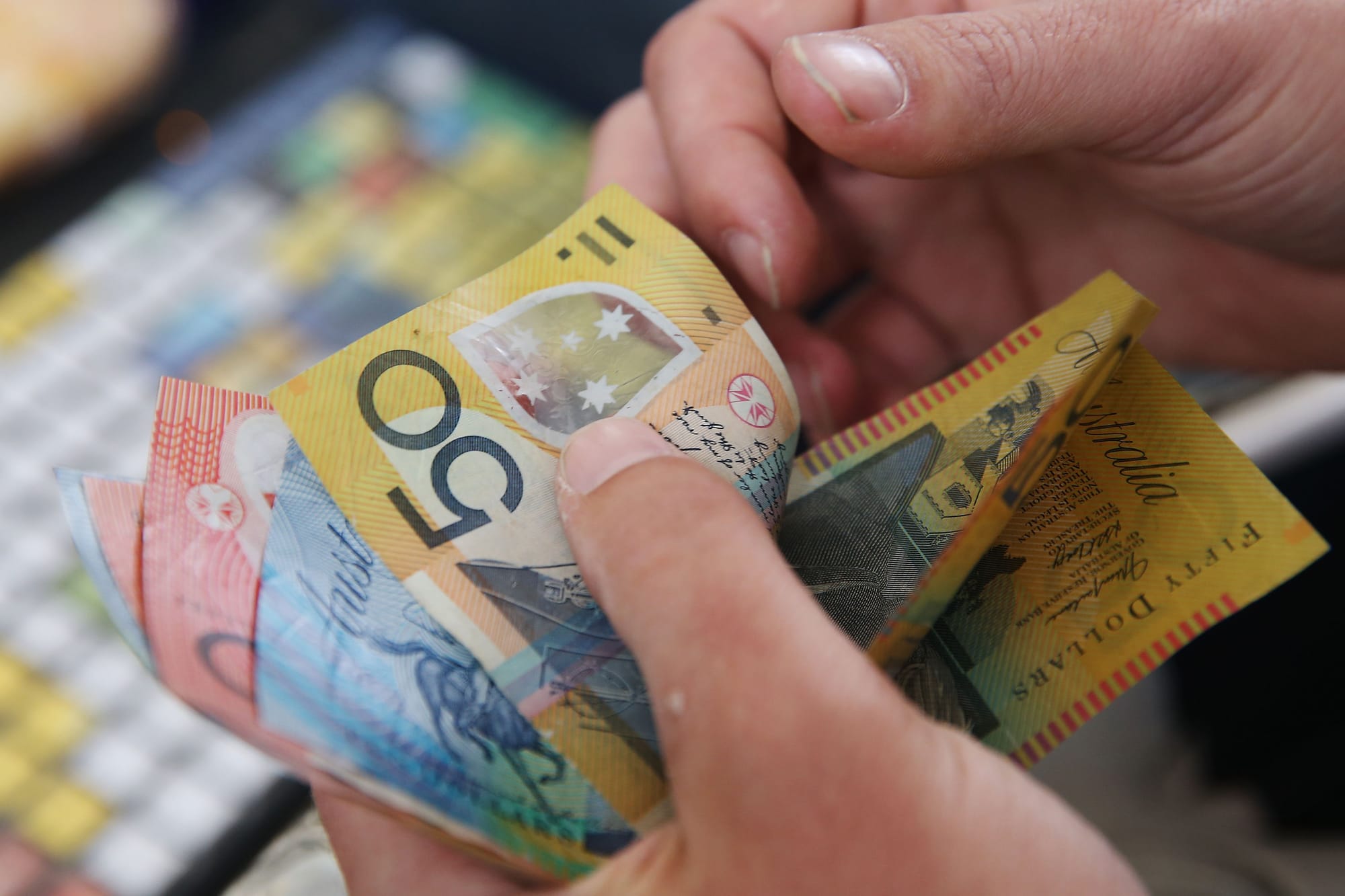
The Queensland budget, released last Tuesday, raised eyebrows when it predicted its wagering tax revenue would increase at a higher rate than previously predicted. That modelling has been condemned by a host of wagering industry figures, who see it as too optimistic in what is a declining market.

